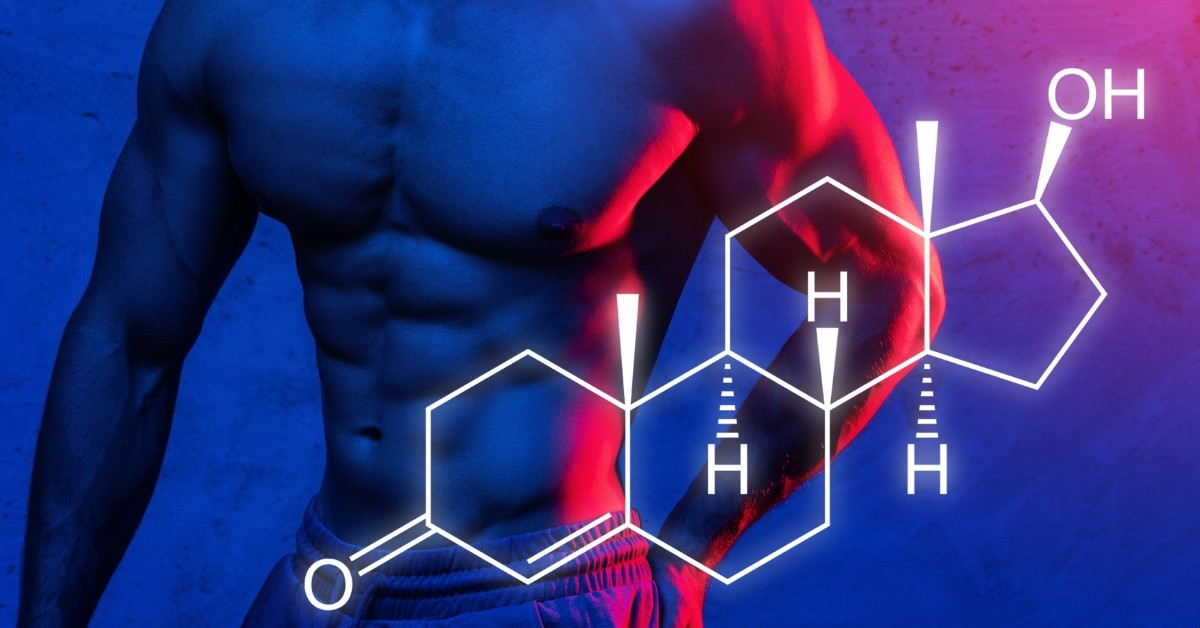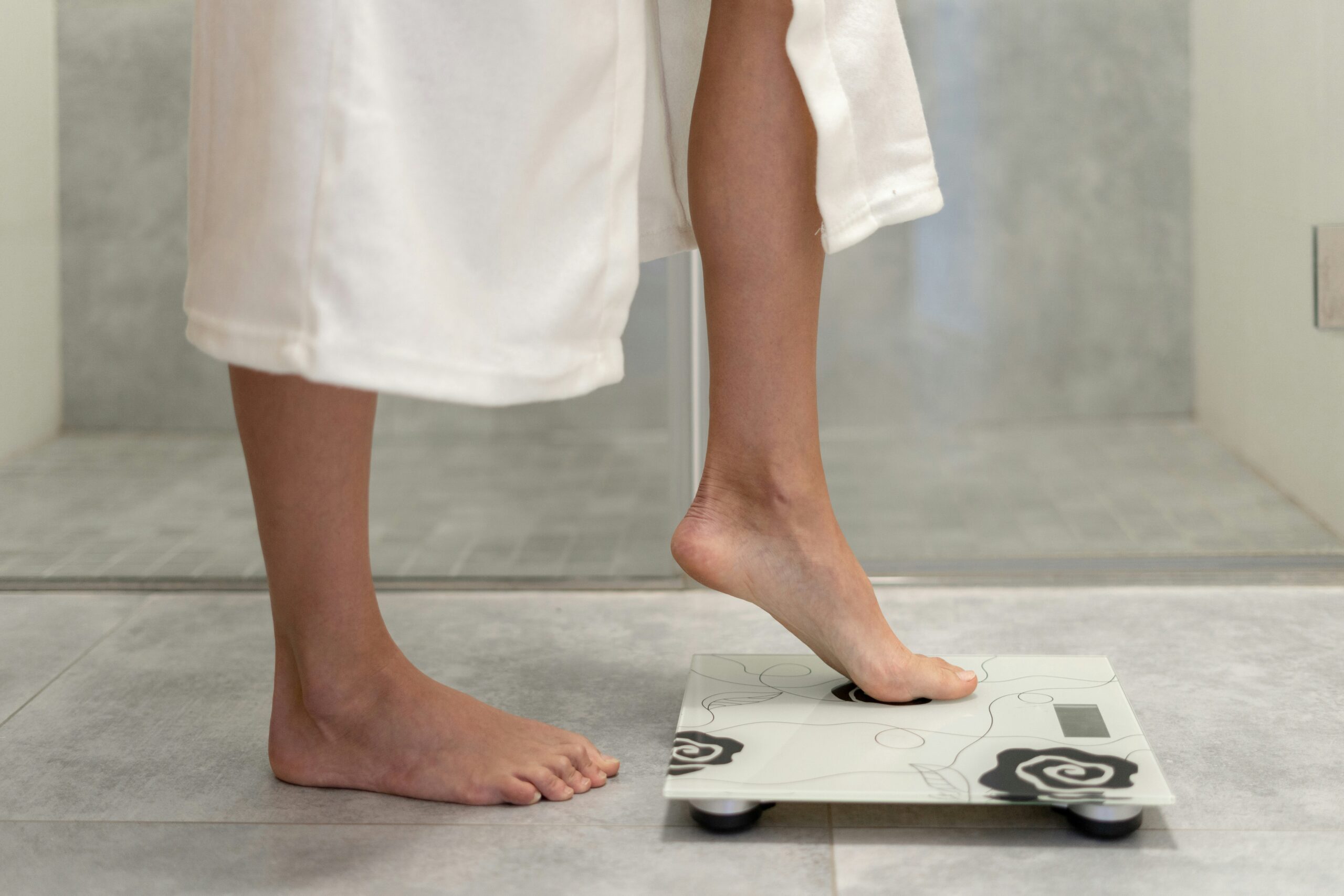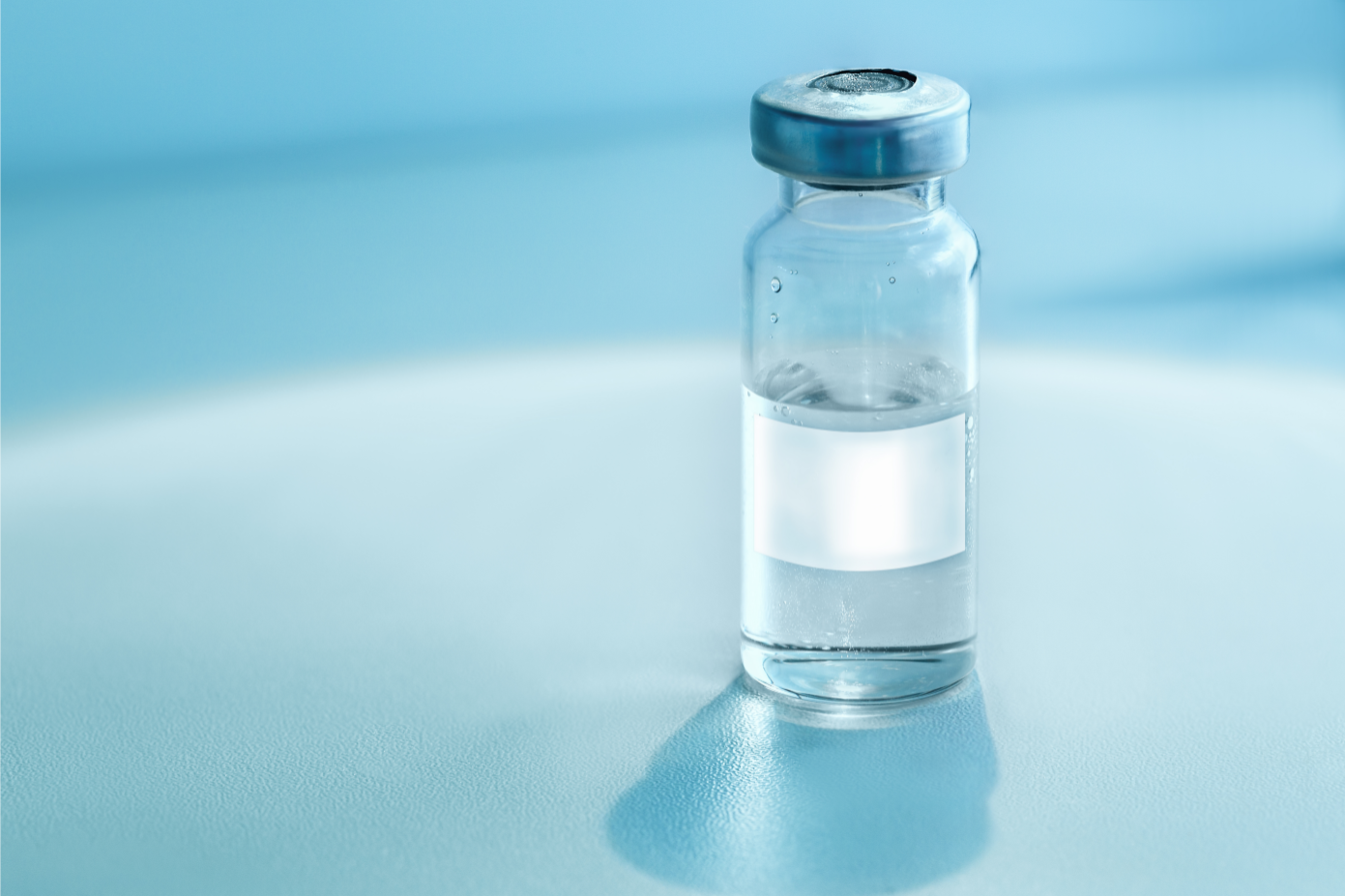Testosterone is a natural hormone found in all humans and animals. Primarily identified as the essential sex hormone in male humans, females also produce testosterone, albeit much lower than their male counterparts.
Male testosterone production occurs through the testicles and increases significantly during puberty before beginning to dip again in their 30s. While most associated with sex drive, testosterone also affects bone and muscle mass, how the body stores fat, and the production of red blood cells.
As well as the physical effects of testosterone levels, they can also significantly impact a man’s mood and mental health.
Similarly, with women, in whom testosterone production occurs in the ovaries, levels can impact sex drive, new blood cells, and even the production of hormones that can affect reproduction. As with men, testosterone production within women is age-dependent. Studies show that by the time a woman turns 40, her levels can have decreased up to 50%.
Low Testosterone Levels in Men and Women
Men and women share many of the symptoms and effects of low testosterone levels. It can contribute to lethargy and depression, low mood, decreased sexual desire and satisfaction.
In addition, men may find that they suffer from low self-esteem, which may stem from less body hair, weight gain, muscle weakness, and thinner bones.
While testosterone production naturally reduces as men age, other factors can cause levels to drop. For example, testicular injury or cancer treatments such as chemotherapy can significantly impact testosterone production. Additionally, many chronic physical and mental health conditions, including stress, cirrhosis of the liver, AIDs, and kidney disease, can reduce testosterone levels.
Ovarian removal can cause low testosterone levels in women, as can diseases that affect the adrenal, hypothalamus, or pituitary glands which control stress levels. Consequently, low testosterone levels in women are mistaken for depression or mental illness and remain untreated.
In addition, the natural fluctuation in hormone levels in women can make detecting low testosterone levels difficult. However, there are ways to be confident in the results, such as testing between day eight and day 20 of the menstrual cycle.
Testosterone Replacement Therapy (TRT)
Significantly reduced testosterone production is hypogonadism, which doctors can treat through TRT.
Doctors will prescribe a course of TRT if low testosterone levels begin to adversely affect your quality of life and health. There are several ways to administer the treatment, including tablets, patches, gel, creams, and injections.
The regularity of these medications can vary, with some requiring administration as infrequently as monthly. In contrast, others, such as skin patches, need to be done twice or more a day to ensure effective treatment.
TRT can help combat hypogonadism with the effect of improving sexual function, boosting your sperm count in men, and increasing other hormone levels that interact with testosterone. Additionally, TRT can help level testosterone imbalances caused by many conditions. These include infections that have damaged sexual organs, autoimmune diseases, and treatments such as radiotherapy for cancer.
Side effects of TRT
As with taking any medication, TRT comes with the risk of potential side effects. These can include acne and oily skin, reduced sperm count, sleep apnoea, deep vein thrombosis, and an increased risk of heart attacks.
Women taking TRT can also experience other side effects, including a deepening of the voice, baldness, reduction in breast size, swelling of the clitoris, and hair growth, particularly on the body and face.
Treatment should only be undertaken under the direction of a medical professional and reviewed regularly. Doctors will be able to assess the effectiveness of the therapy through tests and help limit the impact of any side effects.
Non-Medical Uses of TRT
Some people look to use TRT medicines for a range of non-medical reasons. These include weight loss, improving sex drive, increasing muscle mass, and boosting energy and endurance.
With their known performance-enhancing properties, most sporting bodies ban TRTs. However, they remain popular outside the athletic arena even though many countries have outlawed them without a prescription.
Natural Ways to Increase Testosterone
There are, however, many proven ways in which people seeking to increase their testosterone levels can do so naturally.
Simply exercising is one of the best ways to increase testosterone levels naturally. Studies have shown that people of all ages and weights that exercise regularly have increased testosterone levels compared to those that don’t. High impact and resistance training, such as weights, is particularly effective in boosting testosterone levels.
Diet also plays a big part in the production of testosterone. Eating enough protein, carbohydrates, and healthy fats, such as those found in fish, can help to optimize hormone levels. Combining whole foods with maintaining low cortisol levels through good sleep, regular exercise, and even laughter will benefit testosterone levels.
Indeed, sleep is proven to impact testosterone levels. A study from the National Institute of Health showed that sleeping only 5 hours per night was linked to a reduction in testosterone levels of up to 15%. For every additional hour of sleep, hormone levels are up to 15% higher. Between 7 and 10 hours will be optimum for most people for your long-term health and hormone levels.
Vitamins and Supplements
Whether through natural processes such as eating plenty of fruit, making sure you soak up as much sunlight as possible, ensuring a high level of exposure to vitamin B and D can increase sperm quality. Early studies suggest that vitamins A, C, and E can positively produce sex hormones.
Other supplements and minerals play a similarly beneficial role in testosterone levels. Zinc works with Vitamin B to increase sperm quality and testosterone in athletes and those who exercise regularly.
Some herbal supplements are proven to help boost fertility amongst men. Ashwagandha increases testosterone levels and sperm count while lowering cortisol levels.
Optimize Your Testosterone Levels with EVOLVE
It’s good to know that you can naturally increase testosterone levels, but you should speak to a hormone specialist if you are experiencing symptoms. It’s essential to follow a healthy lifestyle while optimizing your hormone levels for additional health benefits. If you are ready to take a deeper look into your hormone health, contact EVOLVE patient care today!






